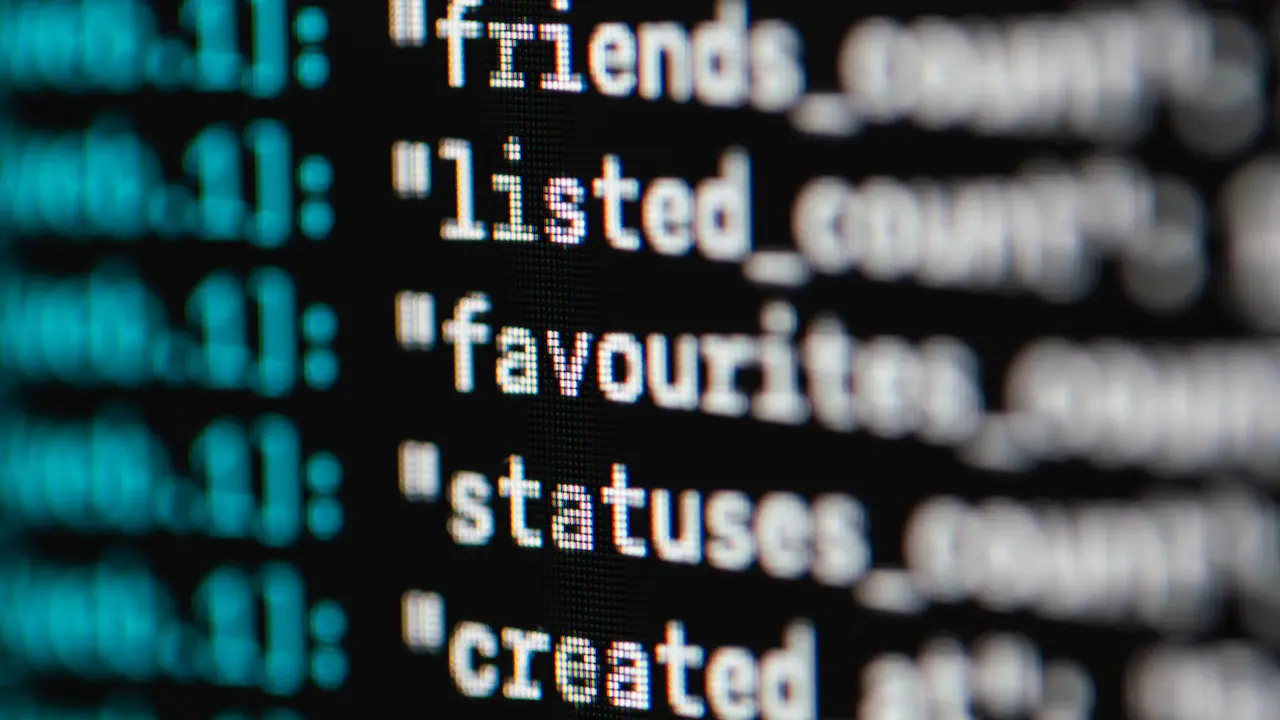What are Decentralized Apps? (dApps)

Decentralized apps, also known as dApps, are digital applications that run on a decentralized network. Unlike traditional apps, which are typically hosted on a central server, dApps are distributed across a network of computers, making them more resistant to censorship, fraud, and downtime.
One of the main benefits of dApps is their decentralized nature. Because they are not controlled by a single entity, dApps can offer users a more secure and transparent experience. For example, decentralized exchanges (DEXs) allow users to trade cryptocurrencies without the need for a central authority, which reduces the risk of fraud and scams.
Another benefit of dApps is their ability to operate without downtime. Because dApps are distributed across a network of computers, they are not reliant on a single server or point of failure. This means that dApps can continue to operate even if one or more of the computers in the network goes offline.
There are several different types of dApps, including those that run on blockchain platforms such as Ethereum, EOS, and Solana. These dApps can range from simple games and collectibles to more complex applications such as decentralized finance (DeFi) platforms and prediction markets.
One of the main challenges facing dApps is user adoption. While dApps have the potential to offer significant benefits to users, they often require a level of technical expertise that may deter casual users. Additionally, many dApps have limited functionality compared to their centralized counterparts, which can also hinder adoption.
Despite these challenges, the adoption of dApps is growing. As more people become aware of the benefits of decentralized technology, it is likely that dApps will become more mainstream. In fact, the DeFi space has seen significant growth in recent years, with billions of dollars locked in DeFi protocols.
Overall, dApps offer a decentralized and resilient alternative to traditional apps. While they may require a higher level of technical expertise, they offer users a more secure and transparent experience. As the adoption of dApps continues to grow, it is likely that we will see more and more innovative dApps emerge in the coming years.
